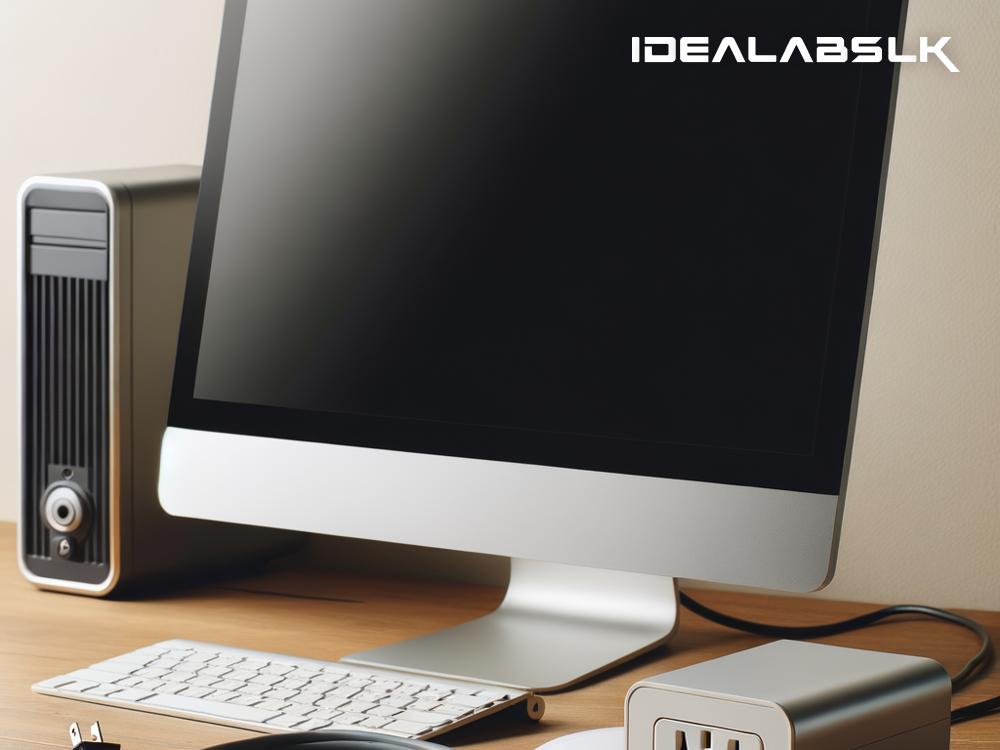Why Your PC Doesn't Boot After Power Outage?
You've probably been there: after a sudden power outage, you try to turn your PC back on, expecting everything to be as you left it. But instead, you're met with silence. No whirring of the fan, no beeping noises, nothing. Just the chilling realization that your trusted computer refuses to boot up. Why does this happen, and what can you do about it? Let's dive in and unravel the mystery behind this dreaded situation.
Understanding the Impact of Power Outages
Power outages can be more than just an inconvenience; they can be downright harmful to electronic devices, including your PC. When the electricity suddenly cuts off, your computer doesn't get the chance to shut down properly. This abrupt interruption can lead to data corruption or damage to the computer's hardware.
Moreover, the moment the power comes back, it can surge or spike, which means there's a sudden, excessive increase in voltage. Most electronic devices are designed to handle specific voltage levels. When this threshold is exceeded, even for a brief moment, it can cause significant damage.
Common Reasons Why Your PC Won't Boot Post-Power Outage
-
Power Supply Unit (PSU) Damage: The PSU is your PC's first line of defense against irregular power supply. It's designed to take the hit and protect the rest of the system. After a power outage, if your PC doesn't boot, the PSU might have sacrificed itself to save other components.
-
Motherboard Issues: The motherboard is the heart of your computer, connecting all components. A power surge can damage it, leading to a non-booting PC. Sometimes, the damage might be to a specific component on the motherboard, which can prevent the computer from starting up.
-
Hard Drive Corruption: Power outages can also lead to hard drive corruption, especially if your computer was writing data when the power went out. This doesn't necessarily mean your hard drive is physically damaged, but the data on it might be in a jumbled state that prevents booting.
-
RAM Problems: Random Access Memory (RAM) is crucial for your PC's operation. A sudden power loss can disrupt its functioning, causing your computer to fail to boot.
-
BIOS Configuration: The Basic Input/Output System (BIOS) manages data flow between your computer's operating system and attached devices. A power surge can reset your BIOS settings or corrupt its firmware, causing boot issues.
What Can You Do?
-
Check the Power Supply: First, ensure that the power outlet and power cord are working correctly. Try using a different outlet or a different power cord to rule out these possibilities.
-
Inspect the PSU and Motherboard: Look for visible signs of damage, such as burned components or a strange smell. If you're comfortable opening your PC, you could also try a paperclip test to check if the PSU is functioning. However, if you're unsure, it's always best to consult with a professional.
-
Remove External Devices: Sometimes, a connected device (like an external hard drive or a printer) can prevent your PC from booting. Try disconnecting all external devices and see if that makes a difference.
-
Check the Hard Drive and RAM: Try reseating the RAM sticks and check if the hard drive is correctly connected. Sometimes, simply re-establishing these connections can solve boot issues.
-
Reset or Update BIOS: If you suspect the BIOS might be the culprit, resetting it to its default settings might help. This usually involves removing the CMOS battery on the motherboard for a few minutes. Updating the BIOS firmware, though more complex, can also solve the issue but poses certain risks if not done correctly.
Prevention Is Better Than Cure
The best way to handle power outage-related issues is to prevent them from happening in the first place:
- Use a Surge Protector: This device can protect your computer from spikes in electricity by blocking excess voltage.
- Consider an Uninterruptible Power Supply (UPS): A UPS provides emergency power when your regular supply cuts off, giving you enough time to shut down your computer safely.
- Regular Backups: Always back up important data. In case of hardware failure, at least your data will be safe.
In Summary
A power outage can be more than a simple nuisance; it can be harmful to your PC. Understanding the common reasons why your computer won't boot after a power outage and knowing what steps to take can help mitigate the damage. Remember, the key to dealing with power outage issues is a combination of immediate actions and preventative measures. Your PC is an important asset – taking care of it ensures it takes care of your digital life.

